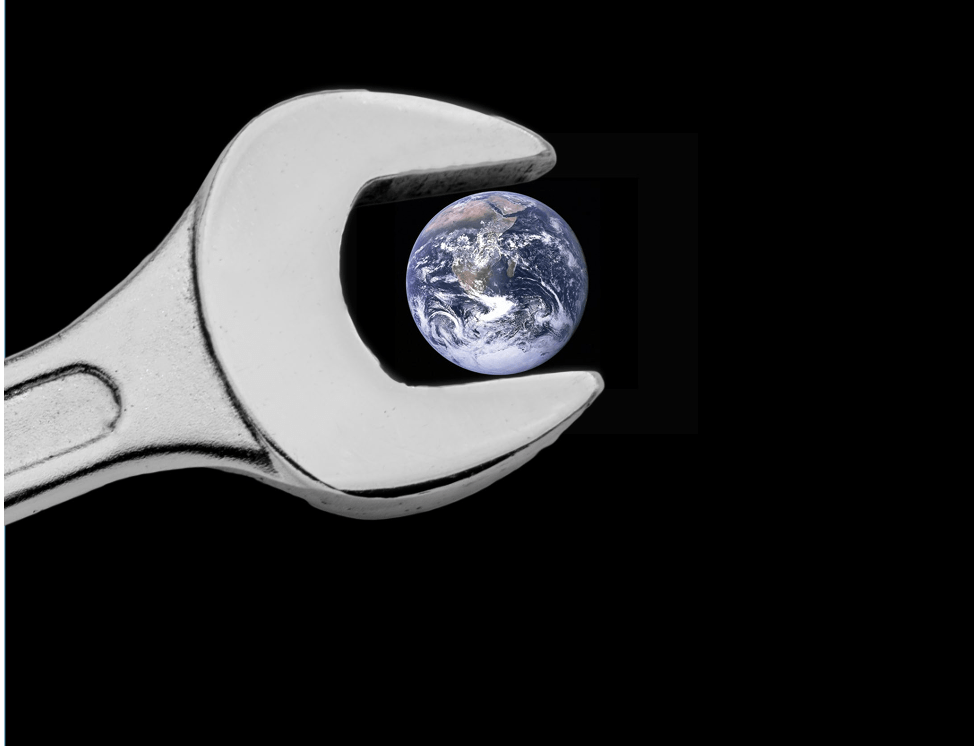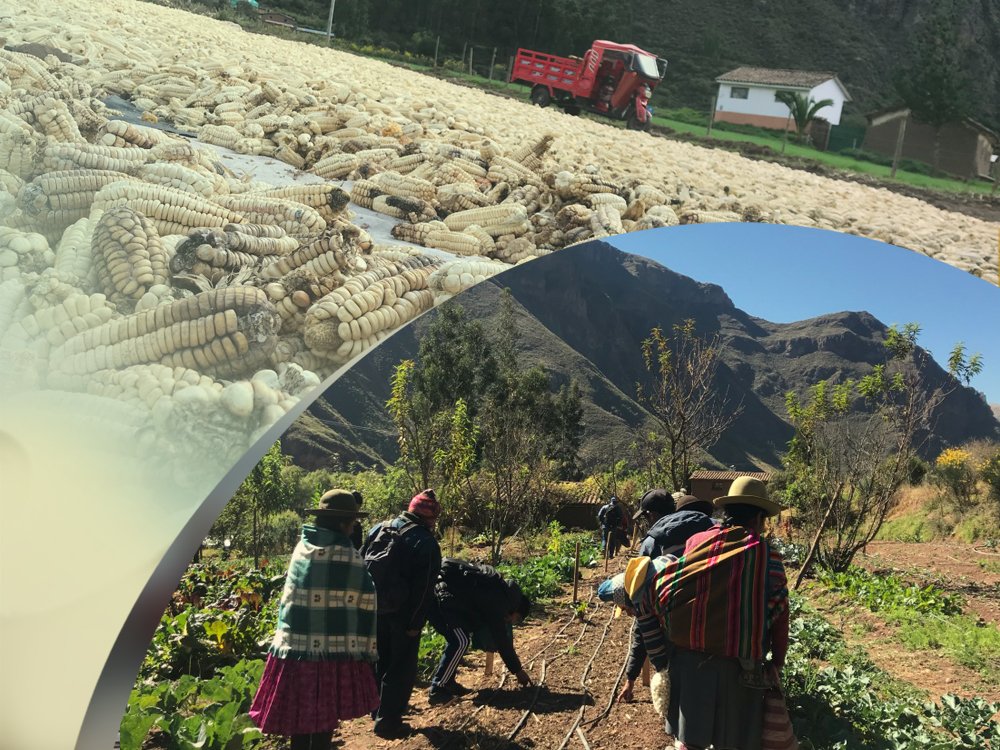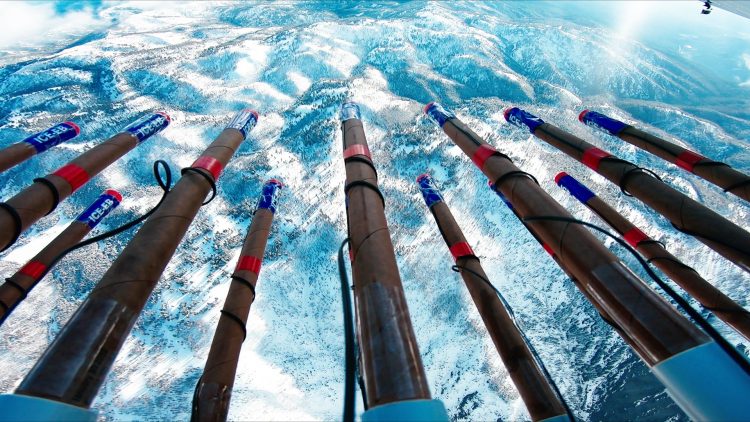Imagine waking up to a perfect day every single time—no clouds, no sudden storms, just the ideal temperature and conditions for whatever you had planned. The idea of controlling the weather has fascinated humanity for centuries, from ancient myths to modern science. What if we could actually pull it off? What would it mean for the planet, our societies, and our daily lives? This article dives into the science, ethics, and possibilities of weather control, exploring the implications of having such a god-like power.
The Science Behind Weather Control
Before we get lost in daydreams about rain-free summers and constant sunshine, let’s first understand the science behind weather. Weather patterns are complex interactions between the atmosphere, oceans, land surfaces, and solar radiation. The Earth’s climate system is a dynamic and intricate network of systems influenced by both natural and human-made factors.
Weather Modification: The Current State
Weather modification has been an area of research for several decades. Cloud seeding, one of the most well-known techniques, involves dispersing substances like silver iodide or sodium chloride into clouds to encourage precipitation. While not a perfect solution, cloud seeding has been used in several countries to enhance rainfall in drought-prone areas or to clear fog at airports. In 2020, China famously used cloud seeding to clear the skies for the 70th anniversary of the People’s Republic of China, a spectacle that showcased the potential—albeit controversial—uses of weather control.
Geoengineering: A More Ambitious Approach
While weather modification focuses on localized changes, geoengineering refers to large-scale interventions designed to manipulate the Earth’s climate. Some of the most discussed methods in this field include:

- Solar Radiation Management (SRM): This technique aims to reflect some of the sun’s energy back into space, counteracting global warming. The idea is to inject aerosols or reflective particles into the stratosphere to mimic the cooling effect of volcanic eruptions.
- Carbon Capture and Storage (CCS): While not strictly controlling weather, capturing excess carbon dioxide from the atmosphere and storing it underground can help mitigate climate change, which in turn could prevent extreme weather events linked to global warming.
Both of these ideas are still in the experimental phase, with debates surrounding their feasibility and potential unintended consequences.
The Possibilities: How Could We Control the Weather?
If we were to expand weather control from simple modification to full-scale manipulation, there are several exciting (and terrifying) possibilities.
Localized Control: Tailoring the Weather to Our Needs
Imagine being able to adjust the weather to suit specific regions. Farmers could order the perfect amount of rain to water their crops, and drought-stricken areas could receive targeted precipitation. Urban planners could prevent heatwaves by regulating temperatures in densely populated cities. Festivals and outdoor events could be held with the guarantee of sunny skies.
The ability to modify weather on a local level could also have benefits in combating environmental disasters. Hurricanes, tornadoes, and floods could be mitigated or diverted before they wreak havoc. The possibility of slowing down or preventing dangerous storms by controlling their path or intensity would be a monumental leap in disaster prevention.
Global Control: Can We Tame the Climate?
At a more global level, weather control could be used to stabilize the climate. Imagine being able to regulate the Earth’s temperature, preventing the devastating effects of global warming. We could theoretically reverse droughts, ensure consistent rainfall patterns, and prevent extreme weather phenomena like heatwaves and storms.
However, such power comes with immense responsibility. The Earth’s climate system is so complex that making one change could have far-reaching, unintended consequences. For example, cooling one region of the world could cause disruptions in weather patterns elsewhere, leading to catastrophic effects like unexpected monsoons or prolonged droughts.
The Environmental and Ethical Implications
While the possibilities of controlling the weather sound enticing, they come with significant risks. The ethical considerations of weather manipulation are immense. The planet’s natural systems have evolved over millennia, and humans simply cannot predict all the consequences of tampering with them.
The Unpredictability of Nature
Nature operates on principles of balance and feedback loops. Small changes in one area can trigger larger, unforeseen changes elsewhere. Geoengineering projects, for instance, have been criticized for their potential to worsen existing environmental problems. Injecting aerosols into the atmosphere to cool the Earth could disrupt rainfall patterns, threaten biodiversity, and damage ecosystems. Similarly, controlling cloud formation might impact local ecosystems that rely on specific weather conditions.
The uncertainty about long-term effects makes weather control a risky endeavor. A seemingly benign weather tweak could spark an ecological crisis that we are not equipped to handle.
Ethical Concerns: Who Gets to Decide?
Another pressing issue is who gets to control the weather. Weather is a global phenomenon, and the decisions made by one country or organization could affect others. Should a wealthy nation be allowed to manipulate weather patterns to ensure the prosperity of its crops while potentially causing droughts or floods in less fortunate regions? The question of who governs weather control and how they are held accountable is a deeply ethical one, as weather manipulation could quickly become a tool of geopolitical power.
Furthermore, we must consider the implications of manipulating the natural world for profit. Could weather control be used by corporations to enhance agricultural output, reduce costs, or create the perfect conditions for events like festivals or sporting competitions? The potential for exploitation is significant, and without clear international governance, the consequences could be disastrous.
The Economic and Social Impact
On the surface, weather control could revolutionize industries such as agriculture, tourism, and energy. Farmers could rely on consistent rainfall or perfect growing conditions, reducing the need for irrigation and potentially increasing crop yields. The tourism industry could benefit from guaranteed good weather, ensuring that holidays and events go off without a hitch.
Agriculture: A Game-Changer for Food Security
Controlling the weather could be a powerful tool in combating global food insecurity. With climate change disrupting traditional growing seasons and creating unpredictable conditions, weather manipulation could offer a lifeline. Farmers could ensure their crops receive just the right amount of rain, preventing droughts or floods that devastate harvests. In theory, this could increase food production and reduce the strain on global food systems.
However, the widespread use of weather control in agriculture could also have unintended consequences. Over-reliance on artificial weather systems might reduce biodiversity or create new ecological imbalances. Furthermore, developing countries that do not have access to weather control technologies could find themselves at an economic disadvantage, increasing the divide between the wealthy and the poor.

Tourism and Leisure: The Perfect Holiday Every Time
Weather control could transform the tourism and entertainment industries. Imagine being able to guarantee clear skies for outdoor festivals, sports events, and holidays. No more canceled beach vacations due to rain or weather delays at sporting events. The ability to create ideal conditions on-demand could boost tourism revenues, but it could also lead to over-tourism, with certain regions becoming overrun with visitors seeking “perfect” weather year-round.
Moreover, weather control could have an impact on traditional seasonal economies, such as ski resorts or summer destinations. If winters could be made warmer or summers cooler, these industries might lose their seasonal appeal. The delicate balance of nature that supports these industries could be altered in unpredictable ways.
The Future: Is Weather Control Even Possible?
While weather control remains mostly a dream, significant advances are being made in the fields of climate science, engineering, and artificial intelligence. As our understanding of the Earth’s climate deepens, we might one day have the tools and knowledge to manipulate weather on a large scale. However, before we jump into this new era of weather control, we must address the challenges and risks involved.
The Role of Technology and AI
Artificial intelligence and machine learning are beginning to play an important role in weather prediction. In the future, AI could not only predict weather patterns but also help us control them more precisely. By collecting vast amounts of data and running complex simulations, AI could optimize the impact of weather modifications, ensuring that interventions are as effective and safe as possible.
However, this also raises questions about who controls this technology and how it is used. Will weather control be a tool of the wealthy, the powerful, or the governments that can afford to invest in it? Will it be used for the benefit of humanity, or will it become a commodity, sold to the highest bidder?
Conclusion: A New Era or a Dangerous Gamble?
Weather control is an exciting and terrifying prospect. The ability to manipulate the Earth’s atmosphere could revolutionize how we live, offering solutions to climate change, improving agriculture, and ensuring the perfect vacation. However, the risks and ethical concerns are immense. The unpredictability of nature, the potential for exploitation, and the geopolitical consequences of controlling weather are issues that cannot be ignored.
Before we venture into the era of weather manipulation, we must carefully weigh the potential benefits against the unintended consequences. It’s an exciting frontier, but also a dangerous one. The future of weather control is uncertain, and whether it will lead to a brighter or darker world remains to be seen.










































